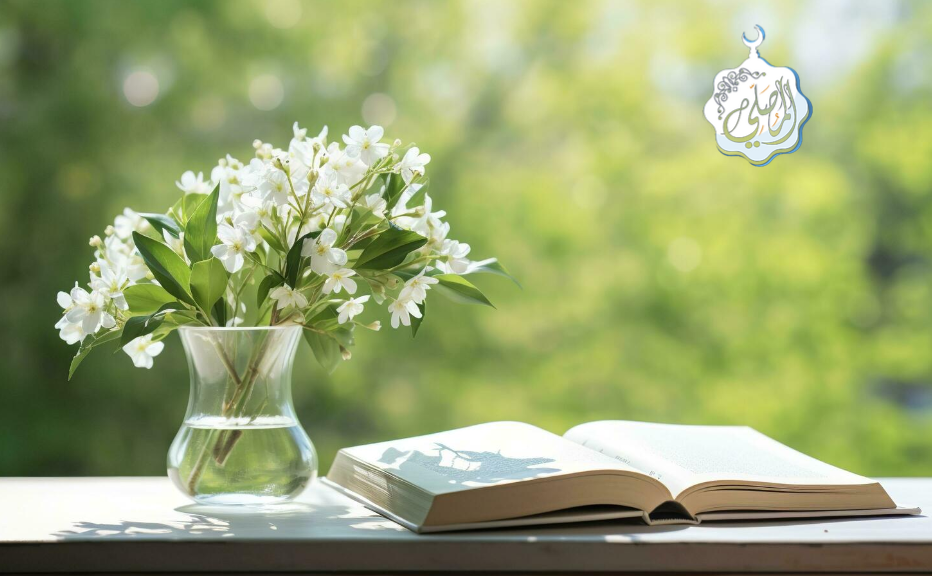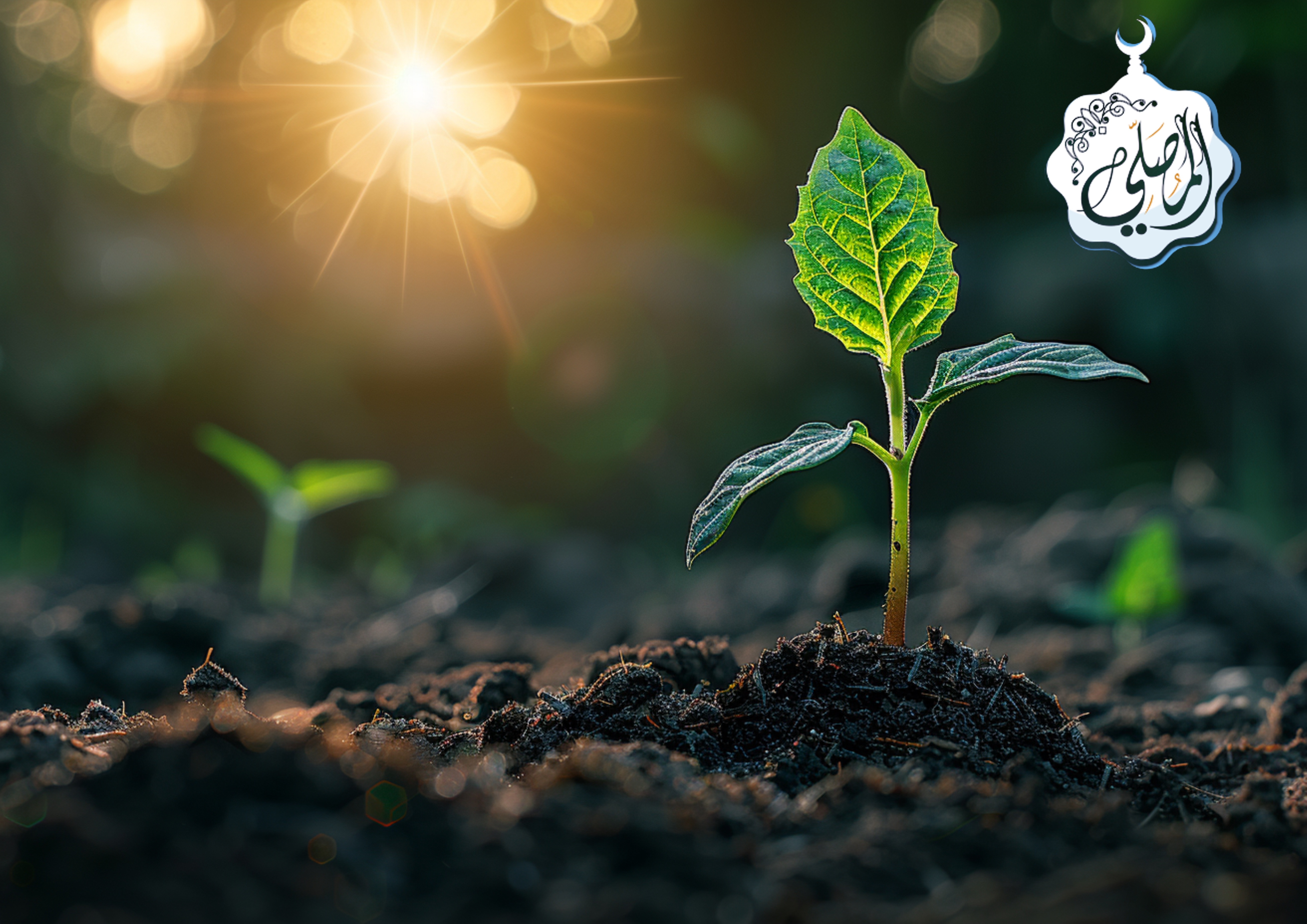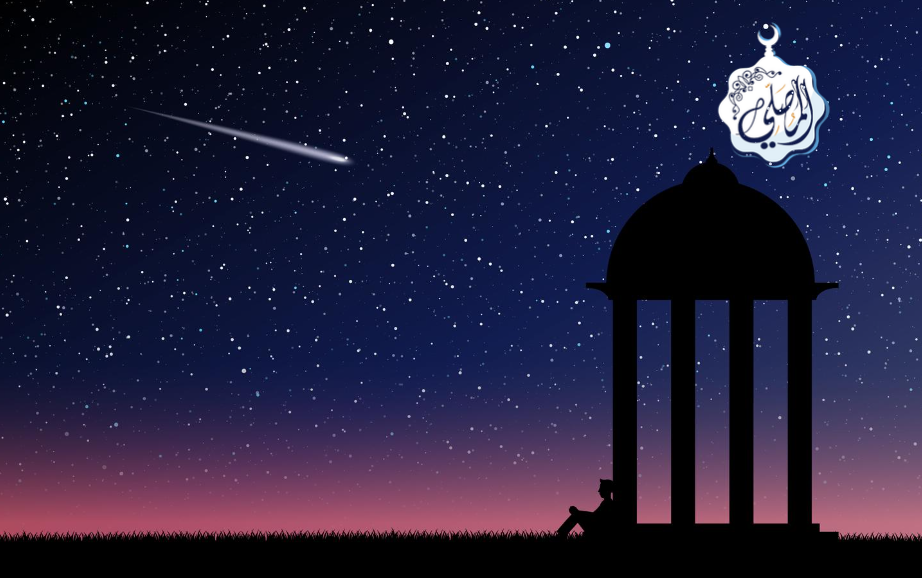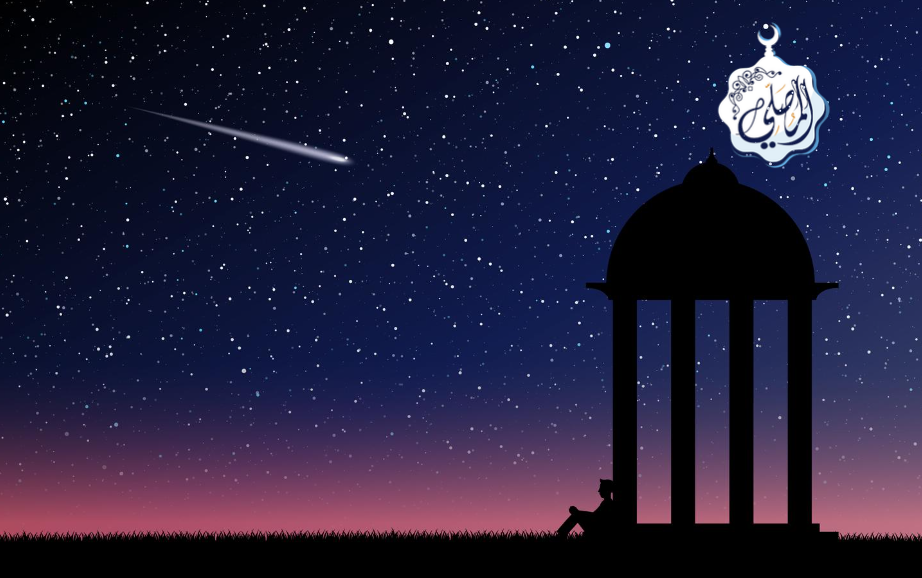Recent Articles
Guarding Your Tongue: A Practical List of What to Avoid
The Prophet Muhammad (ﷺ) once asked his companions about the key to entering Paradise, then pointed to his tongue and said: "Restrain this
What Really Breaks Your Wudu? A Clear Guide to Common Doubts
Many believers struggle with whispers of doubt (waswas) about what truly invalidates this sacred state of purity
The Sunnah of Sleep: Winding Down Like the Prophet ﷺ
In our fast-paced, hyper-connected world, sleep has become both a luxury and a struggle for many
What is Riyaa' and How to Protect Your Deeds from It
Yet there exists a silent thief that can rob us of our spiritual savings without us even realizing it. This thief is called Riyaa' - showing off in worship to be seen and praised by people rather than seeking the pleasure of Allah alone
The Lost Art of the Salam: Reviving the Islamic Greeting in Daily Life
In a world of hurried "heys" and casual nods, Islam offers a profound alternative—a greeting that carries the weight of divine blessings and the promise of peace
Total Lunar Eclipse: A Majestic 'Blood Moon' and the Revival of the Eclipse Prayer on September 7, 2025
This spectacle, lasting over 80 minutes, will be visible across much of the Arab and Islamic world
Ayat al-Kursi: The Greatest Verse in the Quran
A verse that gathers the foundations of Tawhid, the principles of faith, and manifests Allah’s Beautiful Names and Supreme Attributes
The Celestial Sign: The Lunar Eclipse of September 7, 2025, and the Prayer of Awe
On the night of September 7, 2025, a celestial event will capture the attention of sky-watchers across many parts of the world: a total lunar eclipse
Honoring Our Elders: A Sacred Trust in Islam
Islam presents a timeless and divine perspective: the elderly are not a burden to be managed but a treasure to be cherished






 share facebook
share facebook share whatsApp
share whatsApp share twitter
share twitter share telegram
share telegram copy
copy

_2025_10_26_12_29_09_79.png)






